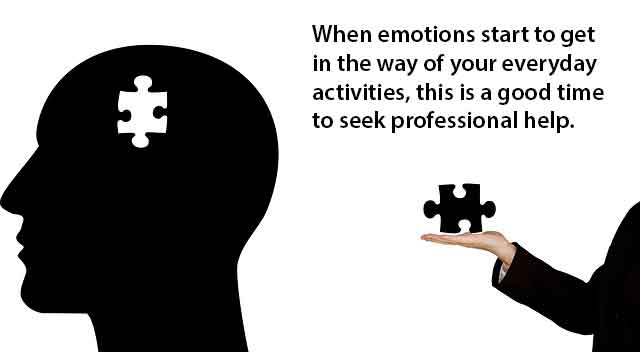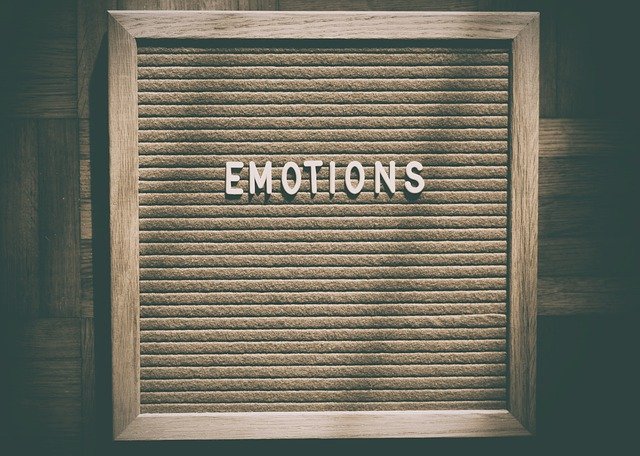Your emotions are important because they guide you every day. They are constantly helping you to make decisions, but you have probably been too busy to notice this.
Your emotions are present and play an important part even in small decisions, for example, when you are thinking about what you fancy for lunch or what you want to do at the weekend.
Stop for a second and think about what you have done so far today and assess how your emotions have helped you to get through the day and make decisions.
Emotions are something that all animals experience, including humans, and it has helped to keep them safe, to survive as a species, to solve problems and to learn new things.
If you have a pet, or know somebody who has one, you have probably noticed that animals react to their feelings and that they act in different ways depending on how they are feeling.
People may describe their dog as being scared, stressed or anxious, and the owner knows this by observing the animal’s behaviour.
Humans are not hugely different to animals in this respect. The part of your brain that controls your emotions is quite primitive and has not evolved at the same rate that humans, culture and technology have evolved.
This is probably a good thing because it has enabled you to stay safe wherever you are, to assess danger and to make decisions, despite obstacles like being in an unusual place, language barriers etc.
The main difference between humans and animals is that you have the capacity to think and to consider your thoughts alongside your emotions, weighing up the pros and cons of situations before eventually deciding what to do.
You have the capacity to decide whether or not you need to act upon your emotions; you can regulate your emotions and you can take action to change them as well.

Every single emotion, even the most unpleasant one, is sending you a message. Emotions are telling you something, and they usually provide you with the tools to face whatever you are experiencing at that particular moment.
Emotions sometimes become a problem because people do not want to deal with them when they are unpleasant. Who wants to be in an unpleasant situation? Nobody. When people ignore their emotions, the emotions do not go away: they do the opposite. They make themselves stronger and louder; they are stubborn and they will make sure that you listen to them. At that point, people may start to experience depression, anxiety and anger issues and these emotions get in the way. The emotions are shouting and seeking attention, and they will shout as loud as needed for you to acknowledge them and do something about them.

Every single emotion is useful if experienced at the right level and at the right time. Anxiety keeps you safe and away from dangerous situations. Sadness helps you to reflect and make changes. The right amount of anger helps you to achieve new things, to find solutions to problems and to stand up for yourself. Every emotion has a purpose and a reason for being there.
If you want to know more about the messages or purpose behind each emotion, keep an eye on this blog for future posts. You can also read my previous posts, where you will find strategies to deal with emotions or strategies to help you identify what you are feeling, for example, you could read the article titled, “Am I feeling frustrated, angry, or depressed?” In that article, you will find strategies to help you identify and differentiate between a number of emotions.

Working through your own emotions can be a big task so, if you are finding this hard to do, feel free to ask for help. You can use the box at the end of this article to send me your questions and comments or to request a free 15 minute telephone conversation.
Alternatively, drop me a message using the chat function if you would prefer to contact me using WhatsApp.

